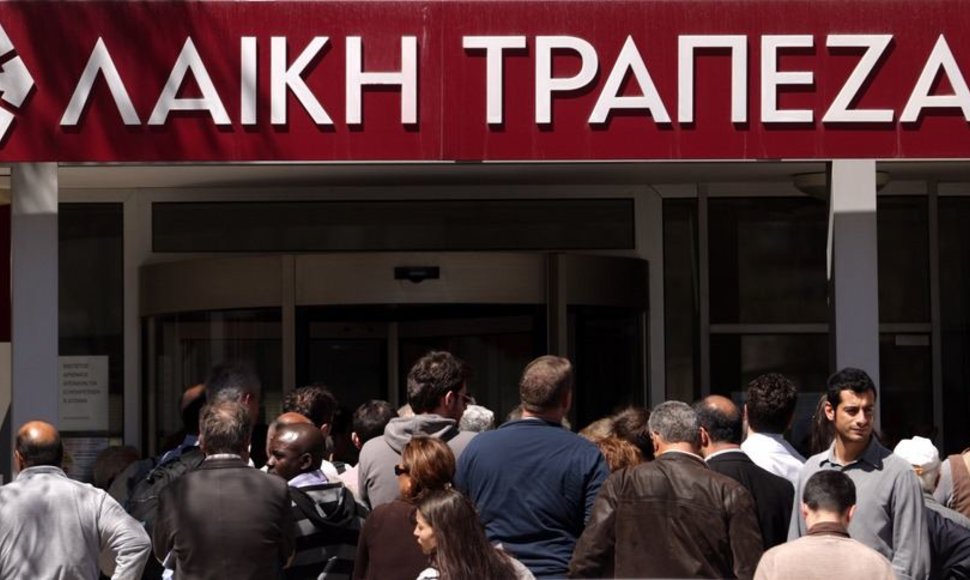„There is a very very minor inflow of Cyprus money. If we are talking about non-resident deposits, the money from Cyprus counts something around 10 or 15 percent only,“ he said.
During the meeting in the Lithuanian capital, the three Baltic finance ministers were asked to comment about the cash flow from Cyprus a few hours after bank offices reopened in the country – for the first time after nearly two weeks following tight capital control instruments aimed at protecting against drainage of accounts.
Banks in Cyprus were closed from March 16 due to a grave financial crisis, while politicians argued about ways of generating a sum set as a pre-condition for international financial aid. Agreement was finally reached in Brussels in early hours of Monday.
At the height of the crisis, there were speculations about wealthy Russians shifting their money from Cyprus to Latvian banks.
Estonia's Finance Minister Jurgen Ligi said he was glad the money was not coming to Estonia.
„This money is not coming to Estonia and I am happy it's not. We don't have a culture of attracting foreign cash. We have a culture of attracting direct investments and they tend to be from other countries,“ the Estonian minister said.
Lithuania's Rimantas Sadzius said he had no specific data about deposits by foreign citizens, refusing to speculate on the topic.












